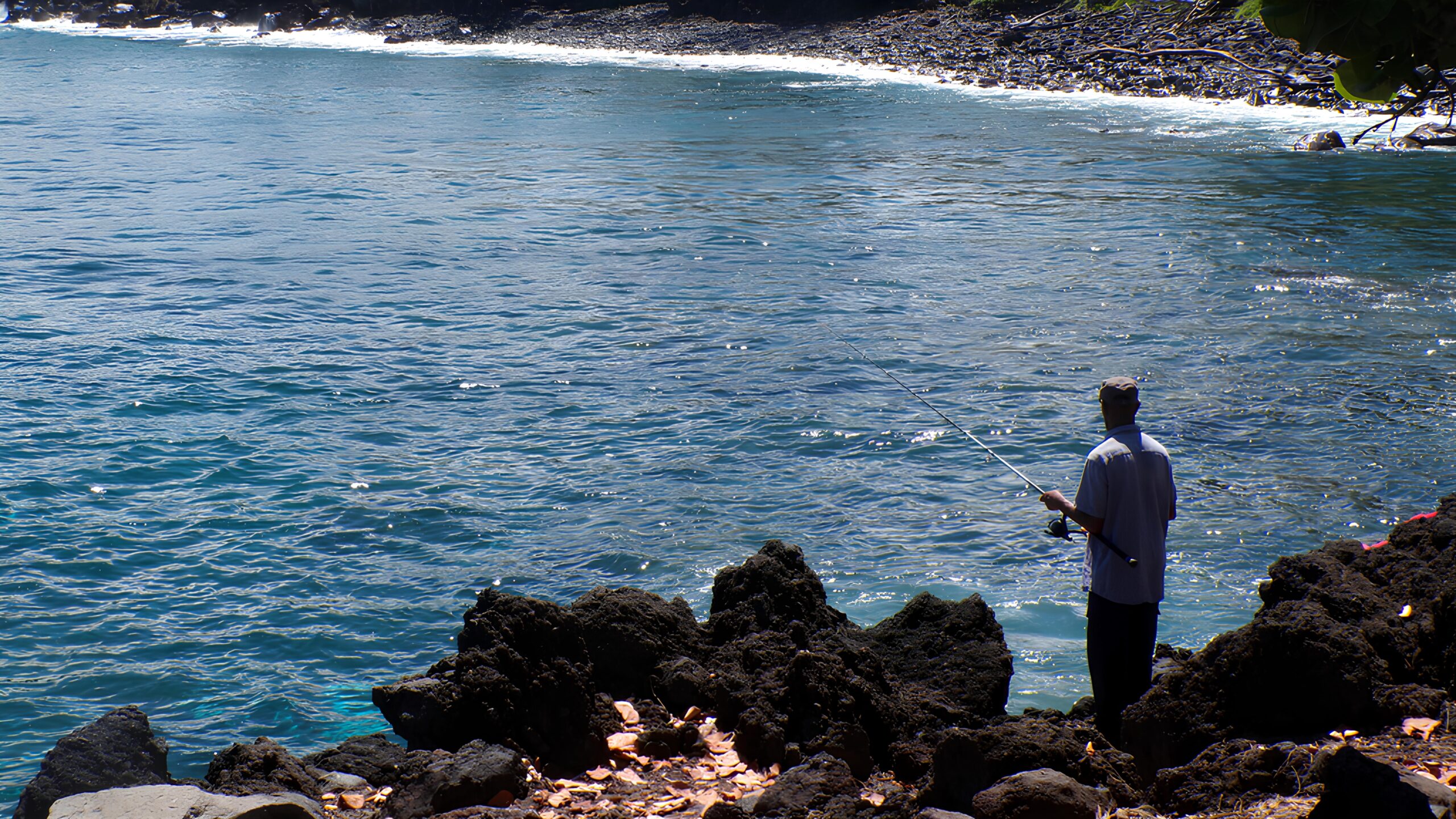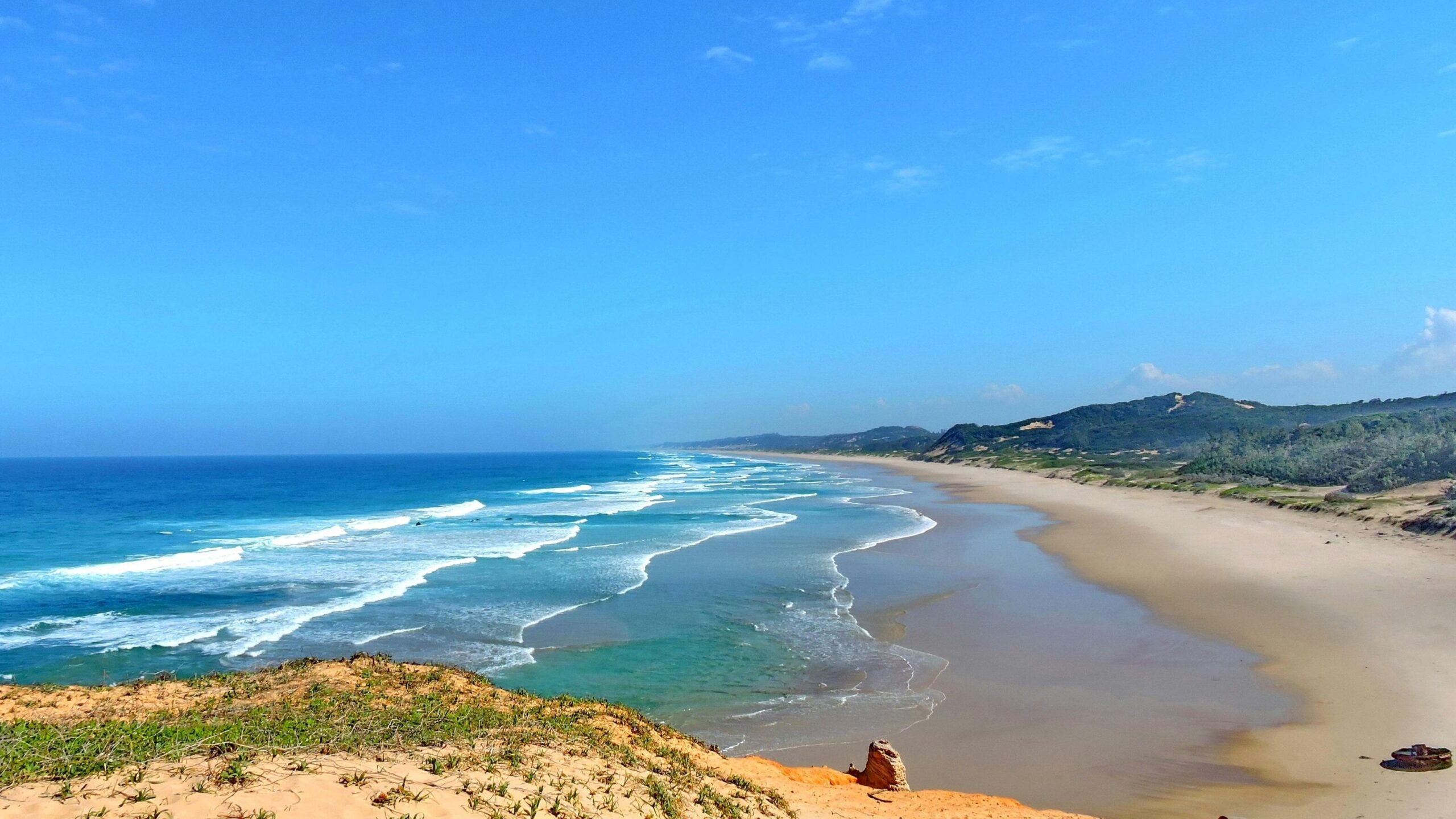
TP 5 : CO-CONSTRUCTION
Duration: 120 months
Leader: IRD
Key partners: MNHN, Nantes University, CNRS, INRAE, IRIS, Comoros University, Mayotte University, Eduardo Mondlane University, Reunion Island University, Toliara University
BRIDGES- CO-CONSTRUCTION‘s objectives are to enhance our understanding of the stakeholders involved in maritime governance and analyse tensions and divergences in coastal and marine spatial planning. This includes an analysis of local stakeholders’ practices, strategies and projects. The idea is to understand stakeholders’ interactions and generate spaces for dialogue regarding the management of marine protected areas. Analyses of power relations combined with various types of knowledge mobilization is intended to support the definition of alternative trajectories for the socio-ecosystems concerned in terms of sustainability and equity criteria.
This targeted project aims to find responses to the following scientific questions:
- How can we understand the dynamics of maritime management from the standpoint of stakeholder practices and maritime environment, so as to co-construct oceanic futures?
- How do power relations influence public action and maritime planning mechanisms, and how can socio-environmental justice guide decisions?
- What participatory mechanisms are best suited to the objectives of shared governance? What are their effects?
BRIDGES-CO-CONSTRUCTION’s priorities are to:
- Study the normative frameworks for the management of coastal and maritime areas at different scales to find out more about multi-scalar governance and spatial or social (dis)continuities,
- Analyse uses to enhance our understanding of the access to maritime areas, their resources and their environmental impact,
- Study the shared governance mechanisms implemented in the marine protected areas of the region and put forward an analysis of the trajectory of participatory mechanisms,
- Jointly product participatory mechanisms and develop management principles adapted to these case studies that can generate dialogue, help information circulate and encourage sustainable and inclusive transformations.
BRIDGES-CO-CONSTRUCTION bases its approach on transdisciplinarity and the adaptation of participatory mechanisms to local and regional contexts. It takes power relationships and controversies into account to transform socio-ecosystems in a more effective, fair and sustainable way.

The project’s work is based on :
- The DIDEM (‘Dialogue Science-Decision-Makers for the Integrated Management of the Coastal and Marine Environment in the Western Indian Ocean‘) project, jointly funded by the IRD, the French Facility for Global Environment (FFEM), the International Development Research Centre (IDRC) and the Monaco Exploration Society from 2021 to 2024, notably in the Comoros, Mozambique and Madagascar.
- The RECOS (‘Resilience of Coastal Ecosystems of the South-West Indian Ocean‘) project jointly funded by the French Development Agency Agence Française de Développement (AFD), the FFEM and the VARUNA project funded by the AFD that studies scientific societies’ relationships.
- Existing partnerships and results.
As a complement to these initiatives, TP5 will be based on fieldwork with partners and will apply qualitative, quantitative and multi-scalar approaches. This is intended to enable researchers to develop a detailed framework for the analysis of stakeholders including their practices and strategies and provide socio-environmental justice indicators to help jointly produce sustainable trajectories for marine socio-ecosystems.
- Sociological surveys
- Mapping of marine environmental law and associated GIS (Geographical Information System)
- Creation of a stakeholder mapping and a typology of resource management models
- Spatial analysis of coastal planning initiatives and the tensions these involve. A historical reconstruction of participation trajectories
- Critical analysis of environmental justice indicators and gathering best practices
- Trans-disciplinary scenario-building workshops
- The development of shared learning tools
2026:
- Initial mapping and descriptions of stakeholders, standards and practices
2026-2031:
- A more detailed analysis of the tensions and synergies between the various projects and public policies
2026-2033:
- Scenario-building workshops
2028-2033:
- Participatory platforms
Stéphanie DUVAIL (IRD)

Stéphanie Duvail is a geographer and senior researcher working with the IRD. Her research concentrates on coastal zone management in Africa with specific focus on floodplains, deltas and estuaries. She studies land-sea interactions by looking at the effects of dams on ecosystems and rural economies that are located downstream of the infrastructures. More generally, her research focuses on aspects of water and resource sharing and land and coastal planning issues associated with these. She has carried out research in transdisciplinary teams using participatory approaches in Kenya, Tanzania and Mozambique.
Tarik DAHOU (IRD)

Tarik Dahou is an IRD senior researcher who studies the political anthropology of governance of maritime spaces and resources in the Maghreb and Sub-Saharan Africa. His research ranges from study of global public policy standards to how these are transposed nationally in specific territories. It also includes an analysis of the subjective dimension of these policies based on a study of local maritime stakeholders’ representations and practices. This approach is dedicated to take the interactions between the dynamics of trade, fisheries and the environment into account as they determine maritime resources’ uses and ownership rights. His multi-scalar approach leads to examine power relations across sectors of activity, regulatory institutions and spaces and thus shed more light on the social construction of such rights.
Brice TROUILLET (University of Nantes)

Brice Trouillet is a professor of geography at the University of Nantes who specialises in the social geography of the marine environment. His research concentrates on the dynamics of human activities at sea and on maritime governance, particularly maritime spatial planning. His work is based on the spectrum of Science & Technology Studies and critical approaches and uses the example of fishing activities in the context of maritime spatial planning to study more specifically the interweaving of power relations and knowledge in (geo)technological resources like data, types of knowledge, planning documents or cartographic representation. The end goal is to shape the ‘socio-technical arrangements’ that mediate relations with the marine ‘environment’. Also in this area of research, he is increasingly focusing on informational issues (production, processing, representation, circulation, use) and the associated issues of power, drawing on thinking and results from the Digital Geographies.
BRIDGES CO-CONSTRUCTION latest news

No news

